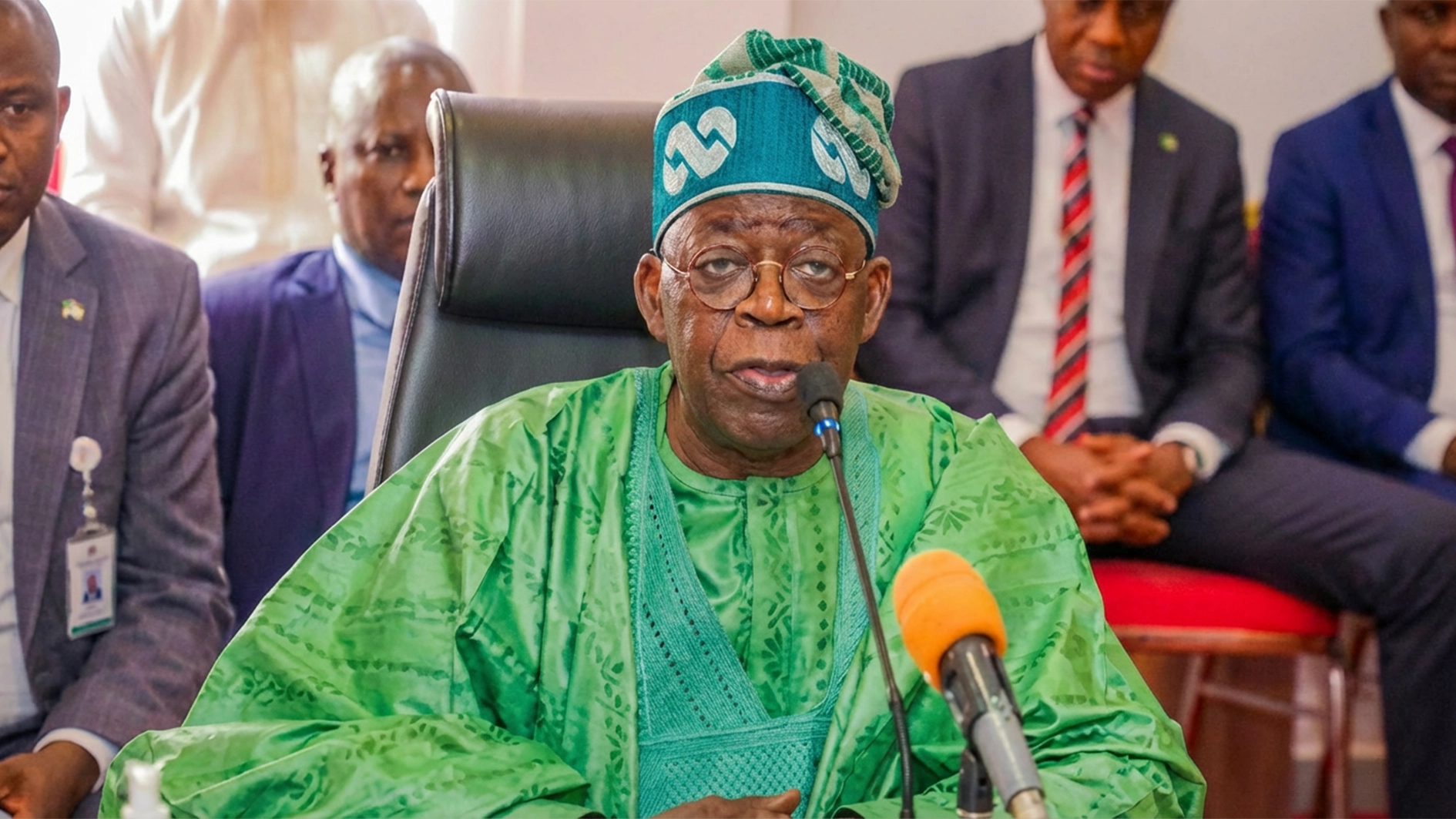Vice Chancellor, University of Nigeria, Nsukka (UNN) Prof. Simon Uchenna Ortuanya, has attributed the increasing poverty index in Nigeria to the wrong choice of leaders, who, according to him, may have emerged through manipulation or violence.
He spoke just as findings by experts from a recent multidimensional poverty study across six states, representing Nigeria’s geopolitical zones, revealed alarming trends stemming from ongoing poverty crises in Nigeria.
According to the vice chancellor, the growth, development and stability of any nation depended on the quality of its leaders.
Ortuanya who spoke in Enugu in a keynote address at the official inauguration of the newly elected executive of the Nigeria Union of Journalists (NUJ), Enugu State Council and Homecoming in honour of the immediate past National President, Chris Isiguzo, added that good leadership was pivotal to the development of any nation, hence the need for proper recruitment of quality leadership to drive growth and development of any nation.
The UNN boss, represented at the occasion by the Deputy Vice Chancellor, Academics, Prof. Olaiwola Usman, spoke on the theme, “Leadership Recruitment Amid Challenges of Poverty: The Role of the Media.”
Ortuanya said that for any nation to get quality leadership, the recruitment process must be thorough to ensure that “a square peg is put in a square hole”, adding that most of the crises in the world were due to bad leadership.
On the other hand, findings from a recent multidimensional poverty study by experts, who assessed how individuals escape from or fall back into poverty across six states representing Nigeria’s geopolitical zones, revealed alarming trends stemming from ongoing poverty crises in Nigeria, experts say.
Conducted by the development Research and Projects Centre (dRPC), with support from the Institute of Development Studies (IDS), Sussex and funding from the UK’s Foreign, Commonwealth and Development Office (FCDO), the two-year research titled ‘Better Assistance in Crises (BASIC)’, shows an intergenerational trend in poverty.
The Executive Director, dRPC, Dr Judith-Ann Walker, said the study, which aimed at enhancing social assistance for vulnerable populations in crisis situations, showed chronic poverty in communities understudied, with poverty being passed unto generations.
She stated this while moderating a BASIC panel discussion hosted by the dRPC on the sidelines of the Nigeria Economic Summit (NES), in Abuja.
“We are particularly interested in chronic poverty or generational poverty from one generation to another because there are several communities where this is a phenomenon.
“Parents are in poverty, children are in poverty and the next generation is also in poverty,” she said.
Speaking further on the study, Projects Director of the Centre, Dr Stanley Ukpai, said that the study presented critical findings on the impacts of the rise in spate of kidnappings, terror attacks, climate and internal displacements on the vulnerable population.
Consultant and lecturer with the National Open University of Nigeria (NOUN), Dr Henry Mang, said: “What this study tried to do was to look at people who are within the context of really, really poor. Property in itself has an intersectionality, from stealing to violent attacks, to banditry, to communal clashes, to flooding.






